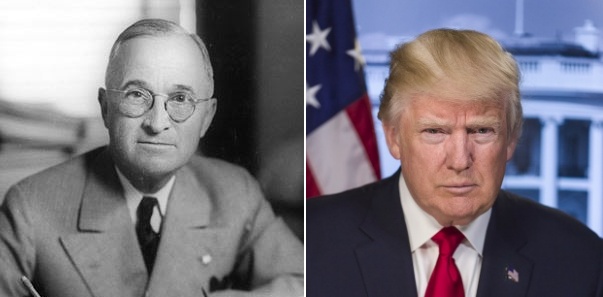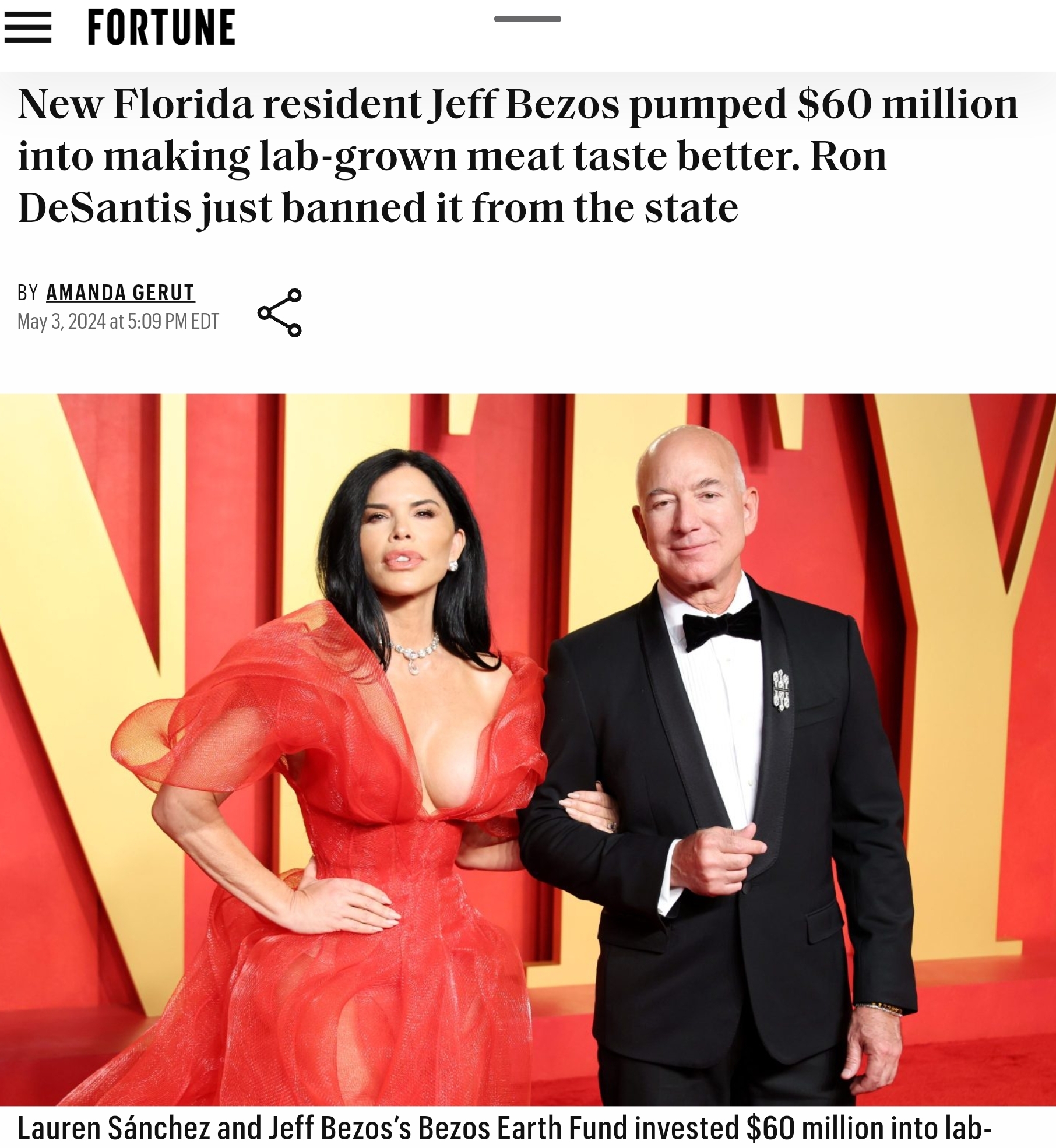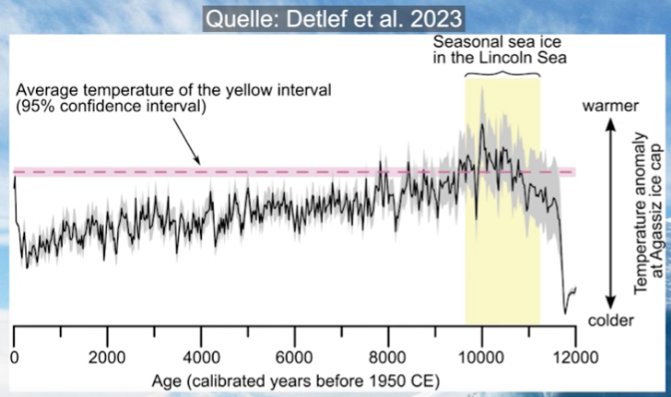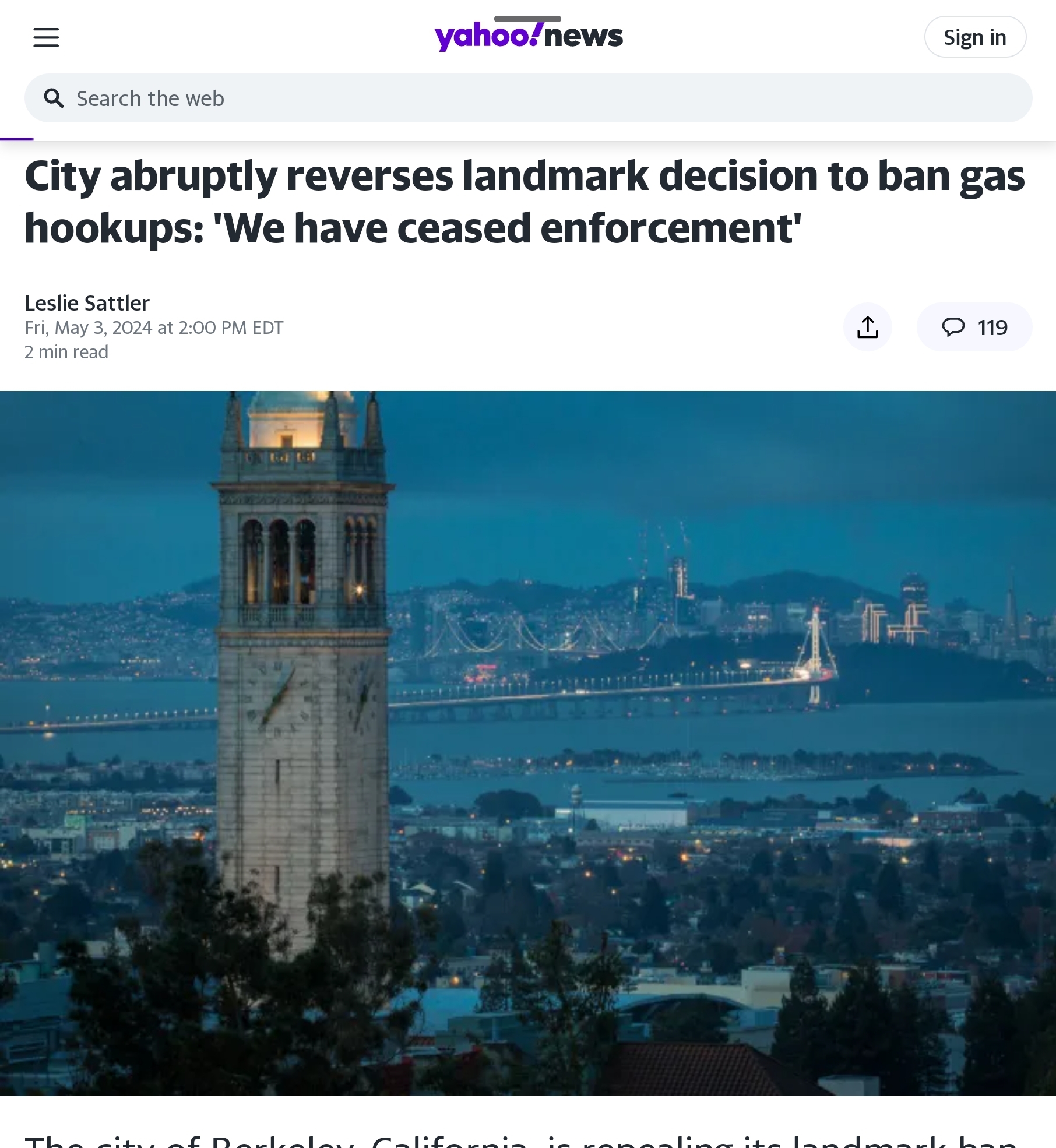Energy Secretary Jennifer Granholm laughs when asked about Biden's plans to bring gas prices down.
"Ha ha ha. That is hilarious!" pic.twitter.com/0V0XCsVqDc
— RNC Research (@RNCResearch) November 5, 2021
"Oil is a global market. It is controlled by a cartel. That cartel is called OPEC."
No, oil is controlled by everyone who has 1) vast oil deposits, 2) the ability to harness them, and 3) the freedom to harness them.
By taking away #3, our government has effectively joined OPEC. https://t.co/hLy6g38N0l
— Alex Epstein (@AlexEpstein) November 6, 2021
Reminder to yourself that basic economics works on supply and demand.
So when you take steps to lower production of a good, the scarcity causes prices to rise.Lowering production by 3 million barrels has consequences.https://t.co/hMbGoKBo6s
— Kevin Goldman (@KevinGoldman10) November 5, 2021
@JenGranholm
Why hand control to a cartel? Encourage North American production, and energy independence. Make OPEC dictators defer to N America. Not as insurmountable as you seem to think. @WBrettWilson @GasPriceWizard @ClimateDepot @JunkScience @AlexEpstein @lamphieryeg https://t.co/aDspOZ6bHi— William S. Frank 🇨🇦🇺🇸🇬🇧🇦🇺 (@FrankWi74044551) November 6, 2021
Just ahead of OPEC’s next virtual meeting, President Joe Biden cast blame at Russia and OPEC for the current state of high oil prices. He said “If you take a look at gas prices and you take a look at oil prices that’s a consequence of thus far the refusal of Russia or the OPEC nations to pump more oil.”
Javier Blas, Chief Energy Correspondent at Bloomberg News, posted video of Biden’s statement on Twitter.
Let’s be clear on a couple of things. First, a fundamental reason oil prices have surged over the last year is that U.S. oil production declined by 3 million barrels per day (BPD) during the pandemic. That decline was exacerbated by a price war between Russia and Saudi Arabia just ahead of the pandemic, but then the pandemic crushed demand (and oil prices).
In response to the collapse in prices, last summer U.S. oil production fell by 3 million BPD — the largest short-term decline ever recorded. Demand started to come back in summer, and by fall demand was recovering faster than supply in the U.S. Our crude oil imports began to climb, and along with that so did the price of crude oil and oil products.
One could make the alternative argument that rising gas prices are from the refusal of U.S. producers to increase production. However, it’s more complex than that. During the pandemic, some producers went out of business. Some low-production stripper wells were certainly shut down. That’s production that won’t come back easily. (And some of those factors also impact production from Russia and OPEC).
But here’s the thing. Whether you think it was the right thing to do, the reality is that passing legislation that is hostile to the U.S. oil and gas industry makes it even more difficult for domestic production to bounce back. So, instead of asking Russia and OPEC to pump more oil, we could look internally to what we could do in the U.S. to pump more oil. I highlighted the risks of President Biden’s energy policies earlier in the year, because this is the sort of situation that can arise (not that this is the primary cause of this crisis, but it could be the cause of a future crisis).
OPEC and Russia have some spare capacity, but they may be reluctant to use it to help Americans out with lower fuel prices. The International Energy Agency (IEA) recently estimated that OPEC+ spare capacity (primarily OPEC plus Russia) was 9 million BPD in the first quarter of 2021, but it sees that potentially falling below 4 million barrels BPD by the fourth quarter of 2022.
It is certainly in Russia’s and OPEC’s self-interest to keep prices high. They are under no obligation to boost output to give us relief in the U.S. We can pressure them and dangle incentives, but this situation didn’t arise from their refusal to pump more oil.
Nevertheless, they could probably do so if they wanted and give us some relief. Think of it like a doctor responding to a distress call on an airplane. They didn’t cause the problem, but they may be in a position to assist
Robert Rapier is a chemical engineer in the energy industry. Robert has 25 years of international engineering experience in the chemicals, oil and gas, and renewable energy industry
#
Watch: Morano Minute: High gas prices make Biden Administration smile

Climate Depot’s Marc Morano, author of Green Fraud: Why The Green New Deal is Even Worse Than You Think, comments: “Climate activists from the Biden administration are smiling because skyrocketing energy prices are exactly what the climate and environmental agenda demands and has demanded for the past 50 plus years. From President Obama to President Biden, higher energy costs have been the plan to soften up Americans and the economy to prepare them for accepting less in order to impose the progressive vision on society.
The question looms: Will the Biden Administration seek out the terrorists who shut down the Colonial Pipeline or prosecute the company for moving oil through a pipeline and committing the alleged eco-sin of bringing fossil fuels to America?”
See: Obama called it in 2008! Get ready for electricity prices to ‘necessarily skyrocket’‘Put them in jail’: Biden demanded fossil fuel execs be locked up in 2019 & Net-Zero = ‘Soviet-style central planning’
Flashback:
TRUMP: “I am especially proud to be the first president in decades who has started no new wars.”

Marc Morano: Thank you, Mr. President! You have achieved what few Presidents have when it comes to securing the U.S.’s national security. Your energy policies contributed greatly to achieving no new wars. Previous Presidents paid lip service to “energy independence” but during your administration, you not only achieved it, but you also went one step better — you presided over an American energy renaissance that led to U.S. energy dominance!
In 2019, “U.S. energy exports exceeded imports for the first time since 1952,” the EIA reported. The EIA also reported, “In 2019, U.S. energy production exceeded energy consumption for the first time since 1957,” when Dwight D. Eisenhower was president. Trump’s energy achievements were so off the charts that the last time the U.S. saw this kind of energy dominance was when Harry S. Truman was president in 1952!




